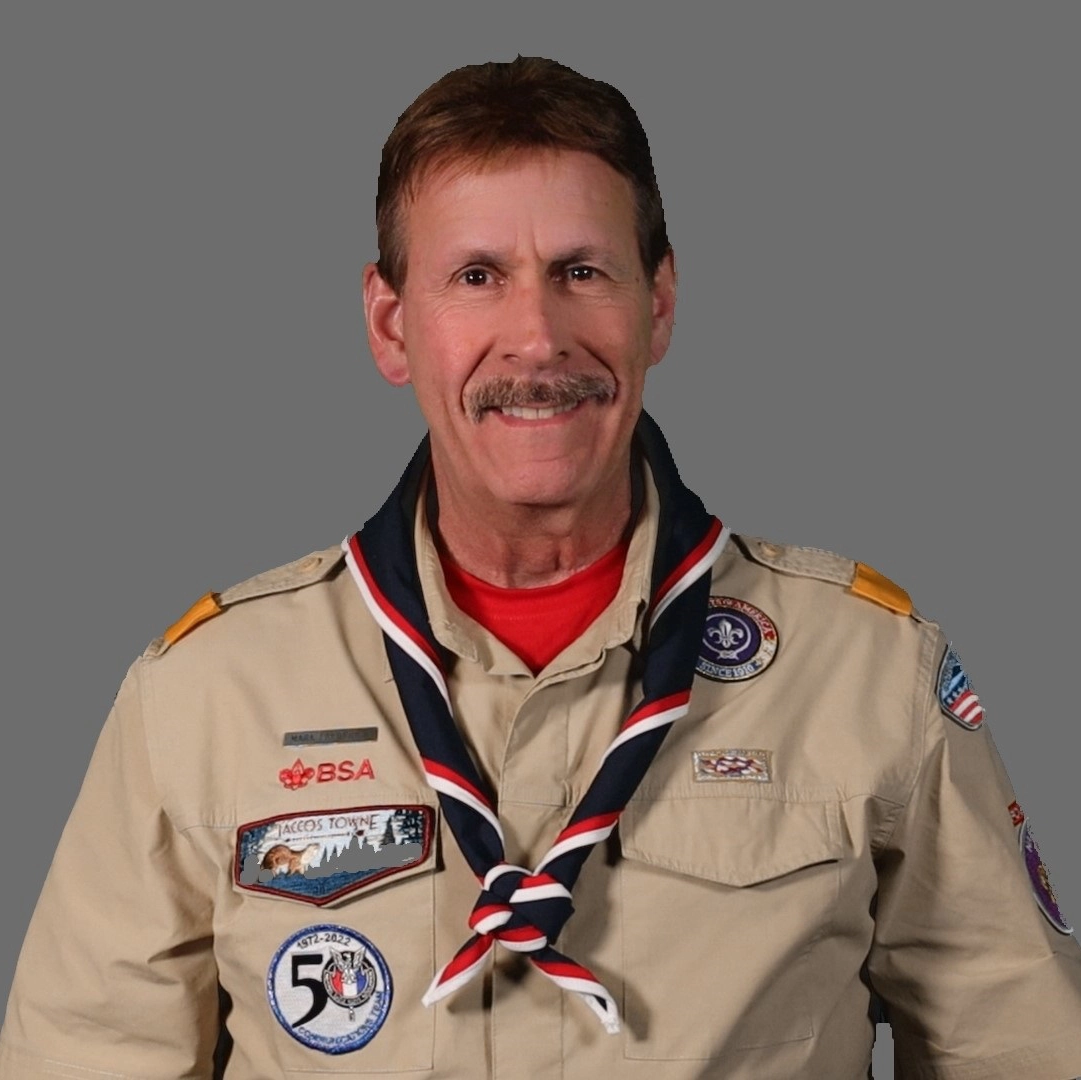As a young Scout, I never considered the profound “psychology of learning” woven into Scouting’s fabric. Now, with advanced doctoral-level training in human development, I recognize how Scouting uniquely supports personal growth.
While Scouting’s developmental qualities eluded me in my youth, as an adult volunteer, I sense a potential knowledge gap among today’s leaders. I firmly believe that some of the most passionate and informed adult leaders in Scouting could emerge from the ranks of Eagle Scouts. This is not to discredit others, but the applied Scouting experience of Eagle Scouts makes them particularly adept at understanding the principles outlined in this blog.
This blog serves as a “Call to a Greater Purpose,” encouraging Eagles to return to Scouting. Their qualities can significantly enhance Scouting’s impact. While not a guarantee, informed individuals, especially Eagle Scouts, can foster positive outcomes.
Dr. Carl Rogers (1902-1987), an influential social scientist and psychologist, dedicated his research to understanding the innate drive of individuals to achieve what he termed a “fully functioning” state. In essence, a fully functioning person embodies a state where they optimize their inner resources to meet personal needs while also contributing to the well-being of others around them.
This concept aligns closely with Scouting objectives. I share a broad definition of the fully functioning person below and challenge you to find the parallels with Scouting’s ultimate aim as I have, and you’ll see that Eagle Scouts are well positioned to manage Scouting programs with greater clarity when an expressed goal is to develop fully functioning individuals.
Rogers’ Fully Functioning Person:
- Acceptance of Life Experiences: Embracing reality without distortion.
- Dynamic Self-Concept: Openness to evolving self-concept and worldview based on ongoing learning.
- Non-Defensive Attitude: Willingness to acknowledge mistakes, take responsibility, and learn.
- Harmonious Living: Acceptance and celebration of differences, fostering a diverse social system.
- Self-Trust and Ongoing Learning: Gathering information, resolving differences, and making informed decisions.
- Realistic Self-Acceptance: Embracing both positive and negative qualities, striving for improvement.
In the end, Fully Functioning people understand and exhibit a high degree of empathy toward others, live their lives in ways that accept and celebrate others for who they are without judgment, and maintain harmony in their dealings with others.
Developing Fully Functioning People, to me, is the best definition of what Scouting hopes to affect in the lives of their members…and Eagle Scouts can be at the forefront of the charge to do so.



